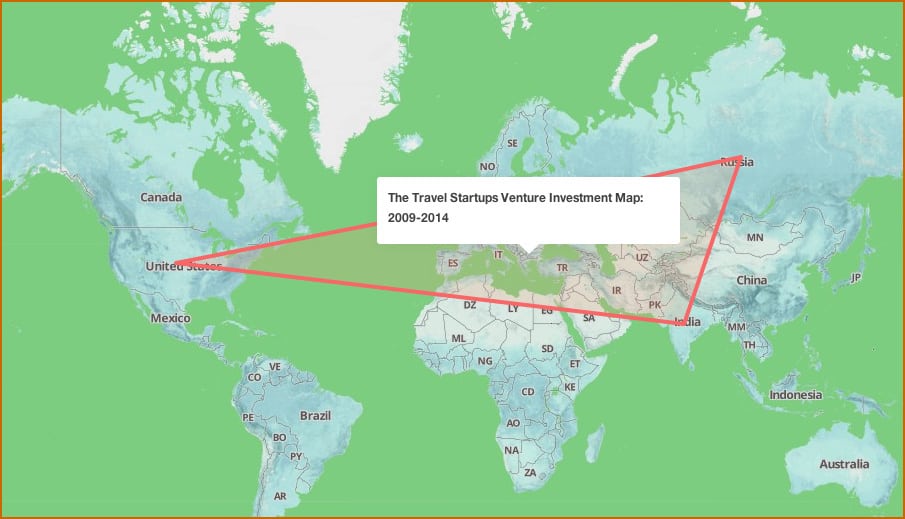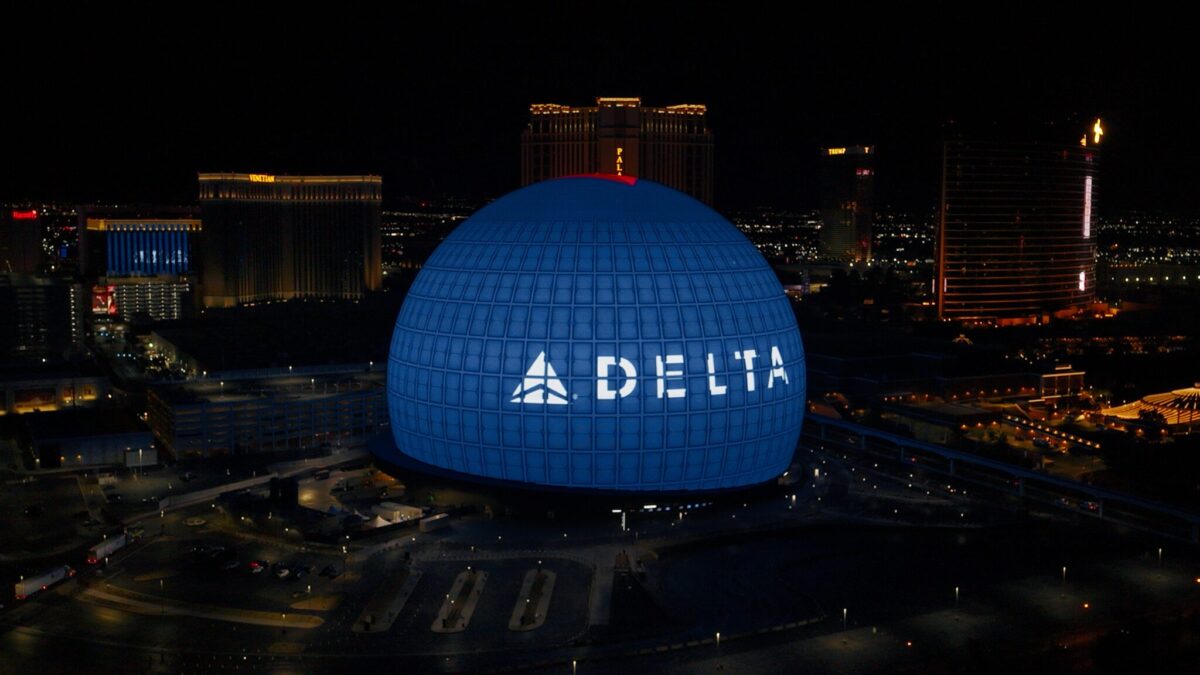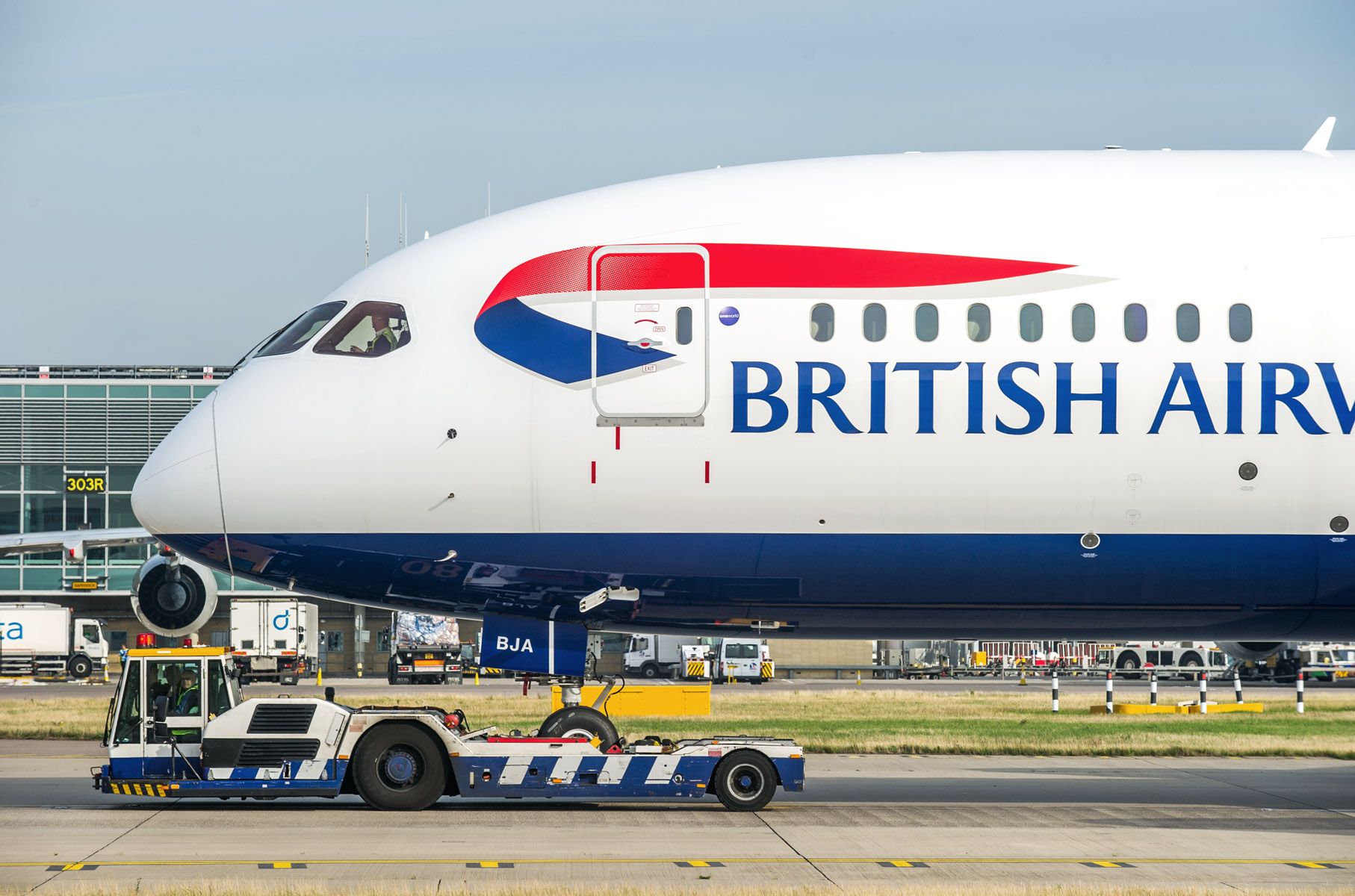Why Uber and Airbnb Are the Only Truly Disruptive Travel Companies of This Century

Skift Take
For years travel industry insiders have bemoaned the fact that big, successful brands haven’t emerged since companies such as Expedia, TripAdvisor, and to a lesser extent, Kayak, made their marks at least a decade ago.
In the interim in Europe, brands such as Booking.com, Skyscanner, and Trivago have arrived on the scene, and in China Qunar and Ctrip are becoming household names.
The emergence of Uber and Airbnb, with valuations that dwarf those of major car rental companies and hotel chains, truly takes things to a new level as the two have the potential to be global brands despite the regulatory issues they must overcome.
Uber and Airbnb seemingly came out of nowhere, and they and their competitors are transformative in the way they are changing widely held notions of the hired car business and lodging.
Uber just landed an additional $1.2 billion in funding at a $17 billion valuation and its mobile app, along with that of its competitor Lyft, is driving incremental demand and helping to change what consumers have come to expect in car-rental services.
Airbnb, too, which has a whopping valuation north of $10 billion, is helping to redefine lodging, and as Hyatt CEO Mark Hoplamazian states, although Airbnb will inevitably evolve, it is here to stay.
How Different Should Startups Be?
Uber, Lyft, and Airbnb have the potential to be big global brands because they are truly different than the companies in their respective sectors that preceded them.
Some would say they are “remarkably different” than their predecessors.
That phrase comes to mind because I was recently talking with Sam Shank, the CEO of HotelTonight and an avid travel startup investor, about the pitches he gets from travel startups.
Shank told me that when startups talk to him about their differentiation, he essentially asks them if what they are building is “remarkably different.”
A travel startup such as Hipmunk, for example, created its Agony Index for flight and hotel search, but it can be debated whether that was a unique enough foundation to lead to later success. Hipmunk hasn’t stopped there, of course, but you get the idea.
To be truly successful, a travel startup should strive to be remarkably different from the pack — like Uber and Airbnb and their competitors arguably are.
Hopper’s Pivot
Which brings us to travel startup Hopper, and what might be called the travel startup brain drain.
Founded by Frederic LeLonde in 2007, Hopper set out to build a huge destination database and to transform the trip-planning process.
With $22 million in funding, Hopper waited for about a half dozen years before it debuted an “alpha” site, showcasing its long-awaited trip-planning product.
It didn’t impress.
Now comes word that Hopper has pivoted because after seven years in the making, Hopper discovered that travelers weren’t particularly interested in its destination content and trip-planning offering.
In its latest iteration, Hopper has travelers accessing “reports” about airfares on potential flights to discover the best time to fly.
It’s as though the Hopper team has been operating in a bubble, divorced from marketplace realities and after having fallen in love with the technology it built, it now has come up with another product that travelers won’t be interested in to justify all the labor that it did over the years.
No one has been able to make a business out of predictions on when to fly, and even Bing Travel, which inherited flight-prediction technology with its acquisition of Farecast several years ago, recently killed its flight-prediction feature.
By all accounts LeLonde is a very intelligent technologist, and he’s had previous success, having founded Newtrade Technologies and selling it to Expedia in 2002.
But, Hopper wasn’t – and apparently isn’t – creating anything that is remarkably different, whether it is in trip-planning, fare predictions, or a rumored metasearch product.
LeLonde, and in fact a whole slew of well-intentioned travel startup folks, especially those countless founders and co-founders who are laboring away at trip-planning startups and trip-planning apps in various forms, are essentially spinning their wheels and wasting investors’ money, too.
It isn’t all for nought. These entrepreneurs may be getting valuable experience or perhaps are creating some interesting products, but they are spending so much energy in developing trip-planning products, one so much like the next, that have a tiny chance for success because they are not creating something remarkably different than TripAdvisor or Lonely Planet.
Hopper may not admit it, but the startup found out that even if you build it, they may not come. No matter how fancy the technology is.
As Airbnb and Uber are showing, to be successful and disruptive a travel startup has to be remarkably different.
“One of the things I talk about with startups is that they can’t just be better — they have to be different to stand out in an ever more crowded market,” says Shank of Hotel Tonight. “HotelTonight has better hotels and better prices and faster booking, but we were different by being same-day only and mobile only.”
You can argue about how HotelTonight’s journey will ultimately play out, but it certainly was remarkably different when it arrived.
Tweaking a feature that is merely a bit different than others in the market, or creating products that bigger players can easily imitate, is the road to heartache and ruin.
Creating a startup that is remarkably different is remarkably difficult, but that is what successful entrepreneurs should set as their standard.





